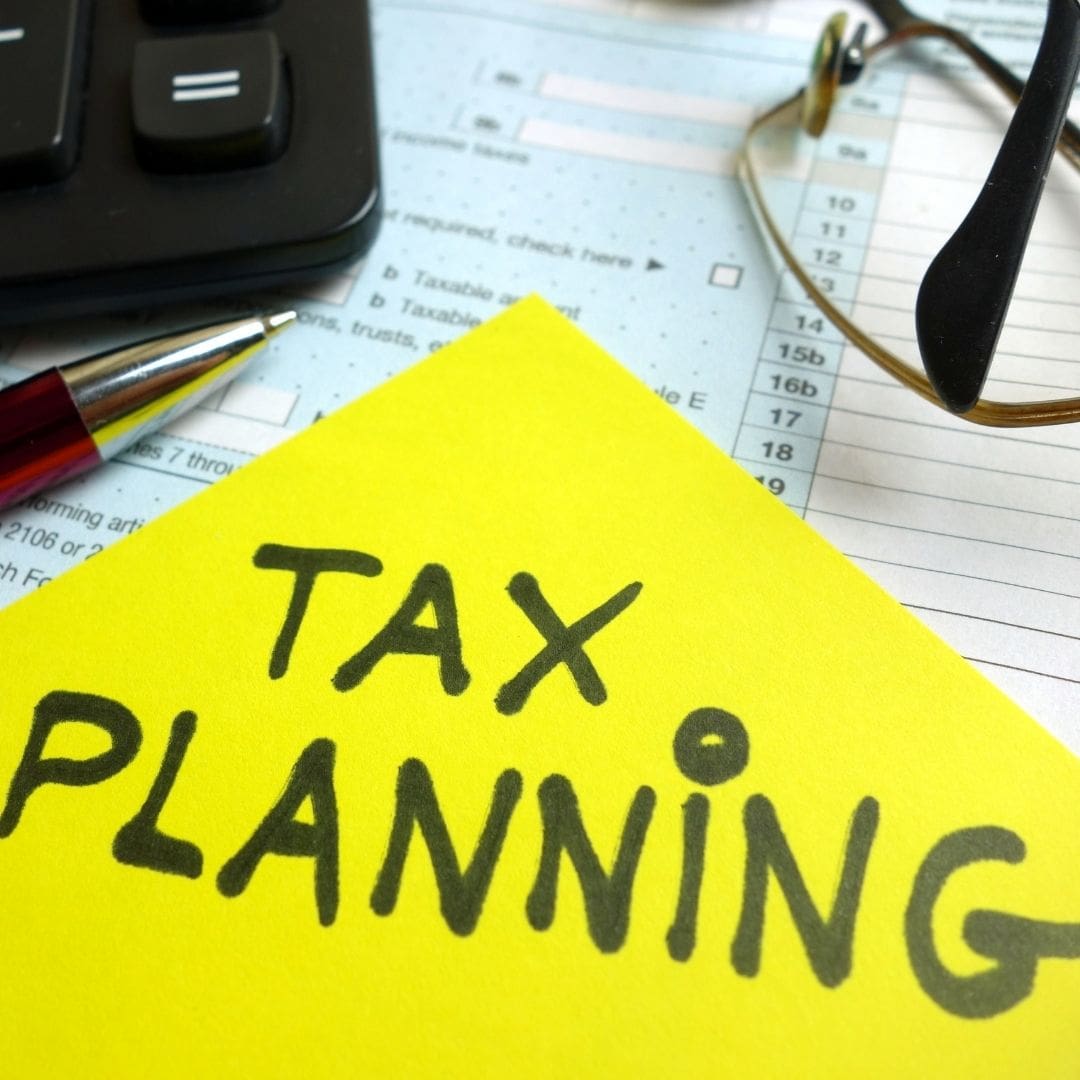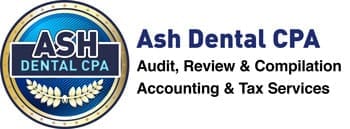Year-End Tax Planning

Year-End Tax Planning
Contrary to the common notion, year-end tax planning should start as early as possible. Efficient businesses do not leave year-end tax planning to the last moment.
You can take advantage of certain last-minute moves to reduce the tax liability. You can take advantage of these strategies throughout the year as well.
Let us discuss a few top tax-saving tips for year-end tax planning.
Year-End Tax Planning
Consult a professional tax planner to devise an effective year-end tax plan. For that, you do not need to wait till the last moment.
For instance, if you haven’t already, discuss the right entity type for your business. Each entity type comes with certain tax advantages and caveats too.
Similarly, you can consult a professional tax advisor to discuss the current and next year’s taxable income. Many businesses struggled during the last one and a half years due to the economic recession. If you expect recovering sales the following year, it will be a good idea to accommodate that prospect right now.
Consider the Tax Brackets – for the Current and Next Year
Continue talking with your tax planning on your current and next year’s tax planning. If you expect low sales this year and higher turnover for the next, it will need some planning to adjust expenses accordingly.
Seeking advice from a professional here can help you manage the tax brackets. Just a few tweaks can bring your tax brackets down. However, this tip can work well if you do not wait till December for the last-minute adjustments.
Acceleration Strategy – Benefits and Risks
Income acceleration can suit your tax planning if you expect a higher tax bracket for the next year. For example, you may be in the 10% tax bracket due to low profits for the current year. Deferred payments mean you can quickly move from the 10% to the 12% or from 22% to the 24% tax bracket.
Managing accounts receivable efficiently can accelerate your current year’s income. You can ask clients to make early payments, early large up-front payments, and accelerate delayed payment collections.
Contrarily, if you’re expecting to be in a higher tax bracket this year, you should consider expense acceleration. For instance, making large up-front payments, accelerated depreciation, and making early payments.
Deferral Strategy – Benefits and Risks
Similar to the acceleration strategy, you can plan a deferral strategy as well. For instance, if your current year’s income sets in you in a higher tax bracket, you can defer a few collections.
Effectively, you’ll allow extended accounts receivable days to your clients. Contrarily, you’ll shorten the accounts payable period to accelerate payments.
Both acceleration and deferral strategies come with some benefits and risks. You can plan by consulting with a professional tax consultant to choose the right strategy for you.
Retirement Contributions
Choosing the right retirement contribution plan can make a difference in your tax returns as well. Consider your business entity structure and your individual retirement contribution plans.
Businesses owners can use the following retirement plans:
- Simple IRAs
- SERPs
- 401(k)
You can choose other qualified retirement plans as well. Most contribution plans do not incur a tax liability until withdrawals. These plans differ in the contribution due dates, maximum contributions, and account opening requirements.
Consider Equipment Purchases
You can plan to make early purchases of equipment to reduce the tax liability. Similarly, making a large down payment for leased equipment can also help you reduce the tax liability.
A similar move is to consider the accelerated depreciation for allowable equipment and machinery.
Some tips to adjust purchase expenses:
- Purchasing office supplies
- Upgrading equipment and tools
- Releasing vendor payments
- Making large down payments for leased equipment
Revise Quarterly Estimated Taxes
Businesses need to make quarterly estimated taxes. If you fall behind the estimations, the IRS will recover these taxes with your yearly tax filings.
An effective way of managing estimated taxes is to file quarterly taxes on time. For the last quarter, you can make adjustments.
Delaying estimated taxes can incur a tax penalty as well. Thus, adjusting estimated taxes before the last quarter’s due date can help you avoid penalties as well as manage total taxes.
Final Thoughts
You should not wait for the year-end tax planning till the last moment. Consulting a professional tax advisor can help you save money on taxes. You can plan according to the current and next year’s financial circumstances.
Learn more about year-end tax planning with a consultation today. Contact Ash Dental CPA today!
